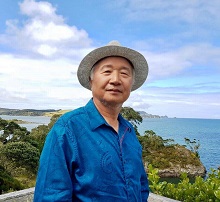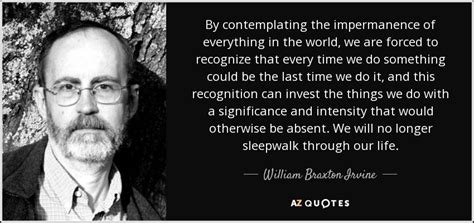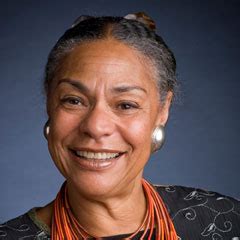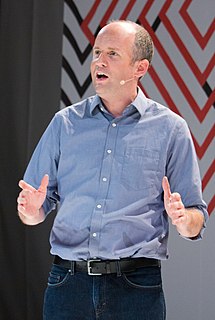A Quote by George Santayana
Knowledge is recognition of something absent; it is a salutation, not an embrace.
Quote Topics
Related Quotes
We have the Noble Desire to help others and benefit the world, without expecting any return or recognition. What makes us great is not our knowledge, skill, money, or power. What makes us great is not our knowledge, skill, money, or power. What makes us truly great is this noble desire, this passion that transcends all separation, goes beyond one's limitations, and wants to hug others and embrace the whole world. This is not something that we need to learn, because we already have it. It just needs to be acknowledged and awakened.
By contemplating the impermanence of everything in the world, we are forced to recognize that every time we do something could be the last time we do it, and this recognition can invest the things we do with a significance and intensity that would otherwise be absent. We will no longer sleepwalk through our life.
It's very important to distinguish between what most people in the West think about knowledge, and what the Indian concept of knowledge is. In the West the knowledge is something that is tangible, is material, it is something that can be transferred easily, can be bought and sold; or as in India real knowledge is something that is a living being - is a Vidya.
Productive collaborations between family and school, therefore, will demand that parents and teachers recognize the critical importance of each other's participation in the life of the child. This mutuality of knowledge, understanding, and empathy comes not only with a recognition of the child as the central purpose for the collaboration but also with a recognition of the need to maintain roles and relationships with children that are comprehensive, dynamic, and differentiated.
And if there be any addition to knowledge, it is rather a new knowledge than a greater knowledge; rather a singularity in a desire of proposing something that was not knownat all beforethananimproving, anadvancing, a multiplying of former inceptions; and by that means, no knowledge comes to be perfect.






































